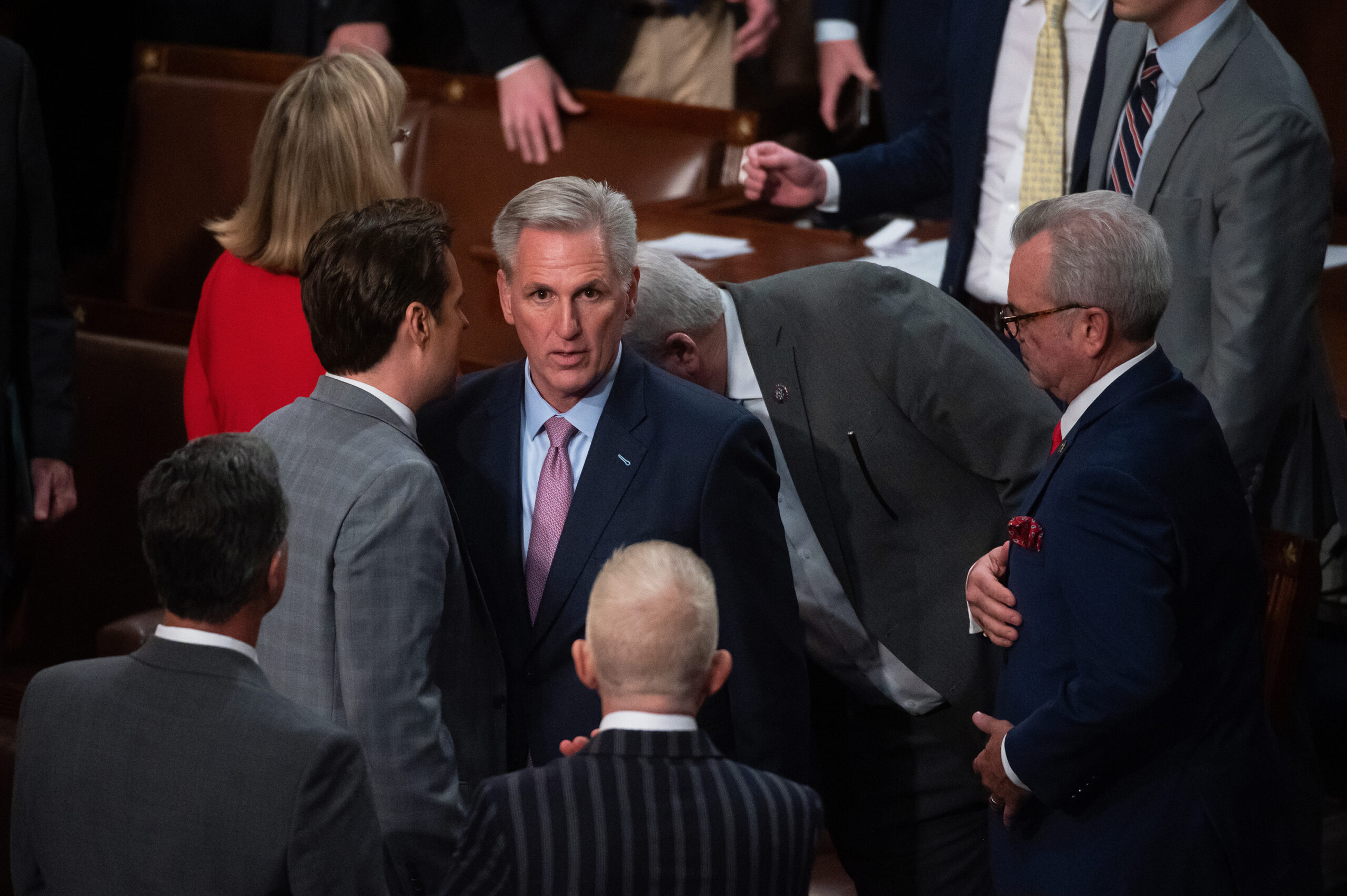Will the Freedom Caucus Tank the Pentagon Budget?
The short answer to the question posed in the title of this piece is probably not. But Speaker-elect Kevin McCarthy’s pledge to the Freedom Caucus to seek a spending freeze at 2022 levels has sent shock waves through official Washington. Why? Because a freeze would wipe out the $100 billion that the Pentagon and Congress added to 2022 levels in the Fiscal Year 2023 budget that President Biden passed into law last month.
As I noted in a recent essay at Responsible Statecraft, there is ample room to make substantial reductions in current Pentagon spending levels while providing a more effective defense. But this column raises a different question: do the Pentagon and its allies in industry and on Capitol Hill have anything to fear from the Freedom Caucus?
The current situation bears some similarity to what happened prior to the passage of the Budget Control Act of 2011 (BCA), which set caps on military and domestic spending over a ten-year span in an effort to reduce the deficit. The BCA was a compromise reached in order to head off an effort by Republican deficit hawks to shut down the government. Once implemented, it ended up putting far more strain on domestic budgets than on the Pentagon, for a number of reasons. First and foremost was that the war budget – known as the Overseas Contingency Operations (OCO) account – was exempt from the budget caps. The Pentagon took full advantage of this opening, pouring hundreds of billions of dollars of pet projects into the OCO account that had nothing to do with ongoing wars. That’s why critics from both parties dubbed it a “slush fund.”
In fact, during the 10 years that the BCA was in effect, the Pentagon received as much as it had in the prior decade, adjusted for inflation, even though that prior decade included the peak of U.S. involvement in Iraq and Afghanistan. Cries that the BCA had “gutted” defense were simply false. What was true was that the Pentagon didn’t get every single item on its wish list, but that is not necessarily a bad thing given the department’s questionable judgment on questions like what new weapons programs to invest in.
Read the full piece in Forbes.
